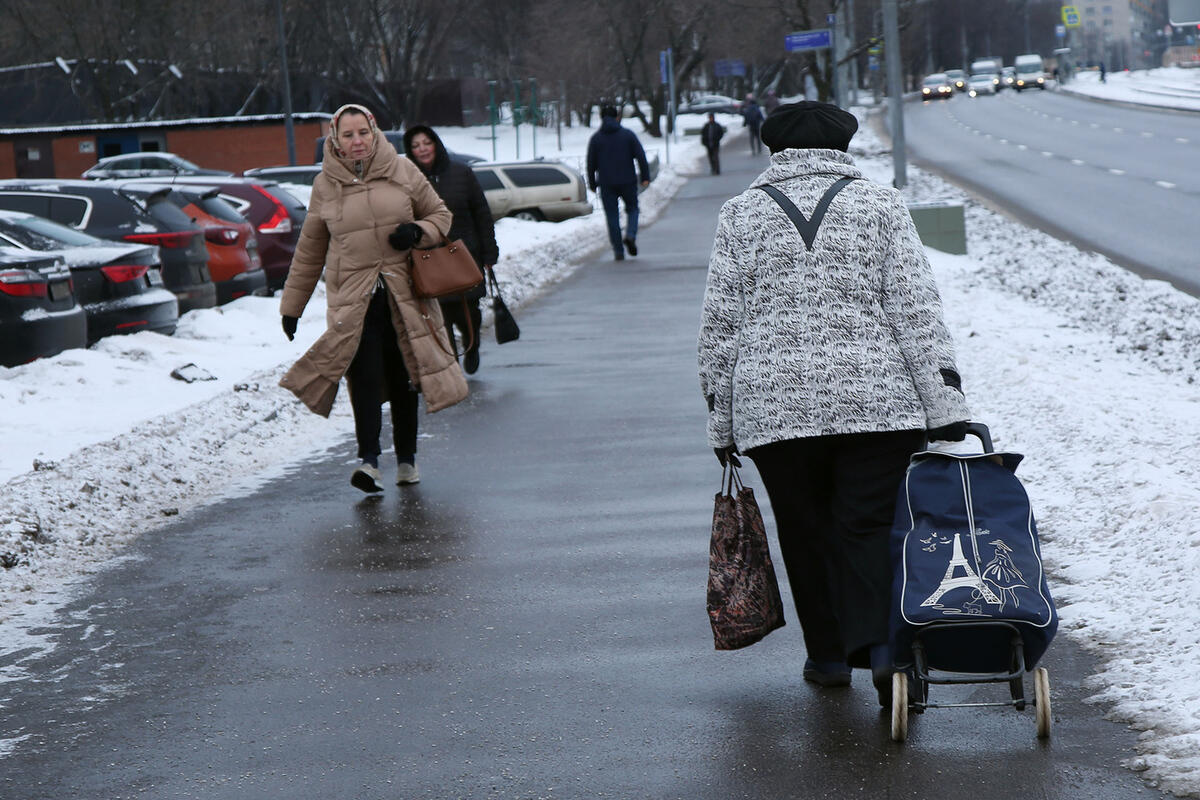Economist Safonov spoke about the risks of early retirement
[ad_1]

Next year, the size of the early unemployment pension will increase by one thousand rubles to 19.6 thousand – 20% lower than the old-age insurance pension. The Accounts Chamber reports this in its conclusion on the draft budget of the Social Fund for the next three years. We are talking about payments to those Russians who are officially registered as unemployed and fired two years before the retirement age – 65 and 60 years for men and women, respectively.
It is no secret that pre-retirees are the most vulnerable category in the labor market. If a person is well over 50, then losing his job is a real tragedy for him. If employers offer any work, it will be low-paid or with difficult working conditions. And before entering a “well-deserved retirement” with a guaranteed payment from the state, there are still 10-15 years…
However, our fellow citizens have such an opportunity – to apply for an “early term”. But according to the law, no earlier than 2 years before the official retirement age. And to get it you need to meet certain conditions.
The pre-retirement employee must be dismissed not of his own free will, but due to staff reduction or liquidation of his enterprise. In addition, men must have at least 25 years of insurance coverage, and women must have five years less. And the total number of pension points must be 25.8 or higher.
There are not so many of these throughout vast Russia – we are talking about several tens of thousands of people. The amount of “advance payment” increases every year; in the period from 2024 to 2026 it will increase by an average of 17% and by the end of the three-year period it will amount to 21.6 thousand rubles.
Much has been said about the plight of Russian pensioners. Since 2016, pensions for working veterans have not been indexed. For those who do not work, they increase slightly more than the rate of inflation, but, according to the elderly, financial assistance leaves much to be desired.
It is difficult to disagree with this statement. According to international practice, the pension should be at least 40% of lost earnings. This ratio allows older people to live with dignity and deny themselves almost nothing. Unfortunately, in Russia this criterion is not met. According to Rosstat, last year this figure was only 27.3%, although back in 2015 it reached 35.2%.
What motivates a person if, in our difficult times, he dares to go “early”, losing 20% of his insurance pension? In search of an answer to this question, MK turned to Alexander Safonov, Doctor of Economics, Vice-Rector of the Financial University under the Government of the Russian Federation.
– Can all categories of working Russians go on early unemployment pension? Or are there any restrictions?
– In this regard, there are no restrictions – neither by industry, nor by profession. The basis for granting an early pension is one condition: the citizen cannot find a job for a long period of time.
– How many such citizens do we have?
– Not much. Over the years, the figure ranged from 28 thousand to 40 thousand people.
– But for Russia this is a very low figure. What explains it? Does a person, not wanting to lose a full insurance pension, work until the official retirement age? Does he take advantage of every chance, so to speak?
– People do not have the right to decide whether to leave early. This initiative comes from the employment service. Of course, a person can ask, but they may be denied if they do not meet certain criteria set by the state.
Let’s say a 62-year-old man loses his job as a result of downsizing. He registers with the Employment Service, where they look for a vacancy for him. If the search is not successful within a year, he is given an “early term” 2 years before retirement age and not earlier.
– And on what means does he live for a whole year?
– For six months on unemployment benefits. At first, no more than 60% of the lost salary, but not higher than the subsistence level. And then 40%. For pre-retirees, the benefit payment period has been increased to one year.
– Is a pension of 19.6 thousand rubles for an “early-term worker” a ceiling?
– Nothing like this. It all depends on the length of service and the amount of insurance contributions to the Social (former Pension) Fund, that is, on salary. If a person, say, worked for 40 years at work – and this is a typical story for men – and received a normal salary, then his early pension may be higher than that of a neighbor who retired at the required 65 years, but has less work experience.
[ad_2]
Source link






